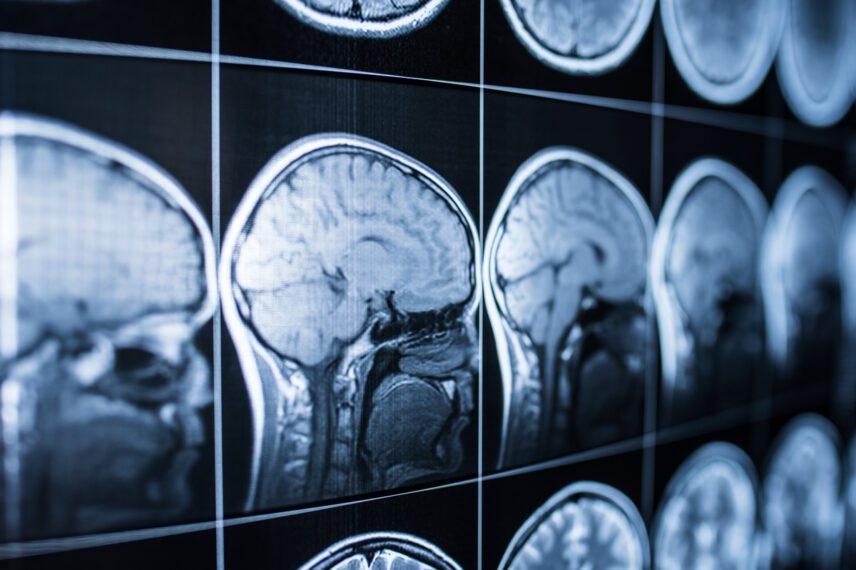The Most Common Brain Injuries From Medical Malpractice

While it’s hard to imagine the devastating injuries that can result from medical malpractice, brain injuries are perhaps one of the worst consequences imaginable. When a healthcare provider fails to provide a certain standard of care required from their profession, it can result in medical malpractice, including brain injuries.
Brain injuries can cause permanent damage to a patient’s brain, resulting in lifelong consequences or, worse yet, death. However, if medical negligence was the cause of the injury, then it is possible to file a medical malpractice claim against the attending doctor to ensure no patient ever gets harmed again and to help recover any losses you incurred as a result of your injury.
Below are some of the most common types of brain injuries resulting from medical malpractice.
Anoxic Brain Injury
This type of injury occurs when the brain is deprived of oxygen for a prolonged period of time, usually caused by medical errors during surgery or anesthesia. Anoxic literally means “without oxygen.” Anoxic brain injuries can permanently damage the brain and cause a range of symptoms, including memory loss, difficulty concentrating, and emotional changes.
Traumatic Brain Injury (TBI)
TBIs can occur when a patient’s head is subjected to a sudden impact or when the brain is shaken inside the skull. TBIs can cause a range of symptoms, from mild to severe, including headaches, dizziness, confusion, seizures, and loss of consciousness. TBIs can also cause behavioral and mood changes, which often start immediately after the injury occurs but can resolve over time. Emotional symptoms usually develop during recovery, including frustration, irritability, and a quick temper.
Stroke
Strokes are a type of brain injury that can be caused by medical malpractice, especially during particular procedures like carotid endarterectomies (mean to clear fatty blockages in the arteries delivering blood to the brain), angiographies (where a dye is injected into the bloodstream to measure blood flow) and cardiac catheterizations (where poor shunt placements can disrupt blood flow). Additionally, pregnant women with high blood pressure may increase their risk of strokes, as can women with a history of blood clots.
If a healthcare provider fails to diagnose and treat a patient’s stroke promptly, it can result in permanent brain damage. Symptoms of a stroke can include numbness or weakness on one side of the body, difficulty speaking, and vision problems.
What to Do If You Suspect Medical Malpractice
If you or a loved one has suffered a brain injury due to medical malpractice, you may be able to file a lawsuit against the healthcare provider responsible. Below, we’ve highlighted some of the best steps you can take to protect your claim.
- Consult with an experienced medical malpractice attorney: Brain injury cases can be complex, so working with an attorney with experience in this area is essential. A skilled medical malpractice attorney will help you to determine if you have a valid claim and guide you through the legal process. Because doctors have excellent and highly trained medical malpractice attorneys to defend them, having an equally qualified attorney will give you the best chance of receiving a fair settlement.
- Gather evidence: To build a strong case, you will need evidence to support your claim. This includes medical records, photos, bills, witness statements, and expert testimony. While a medical malpractice lawyer can help you collect evidence, it’s best to preserve as much evidence as possible before meeting with an attorney.
- File a claim: Once you have gathered evidence and consulted with an attorney, you can file a claim against the healthcare provider responsible for your brain injury. Your attorney will help you navigate the legal process and work to secure compensation for your medical expenses, lost wages, and pain and suffering.
- Negotiate a settlement or go to trial: In some cases, the healthcare provider responsible for your injury may be willing to negotiate a settlement outside of court. If a settlement cannot be reached, your case may go to trial.
Conclusion
Brain injuries from medical malpractice can have a devastating impact on a person’s life. If you or a loved one has suffered a brain injury due to medical malpractice, taking action and holding the responsible parties accountable is essential. By working with an experienced attorney and taking legal action, you can secure the compensation you need to move forward and begin the healing process.






